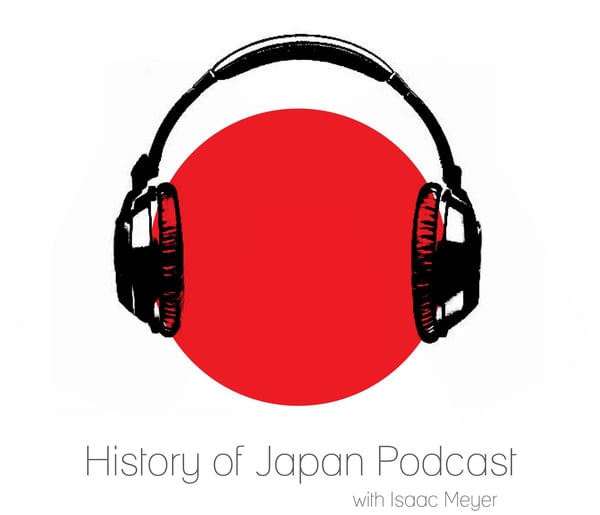Episode 412 - ...Don't Do the Crime
History of Japan
Isaac Meyer
4.8 • 744 Ratings
🗓️ 29 October 2021
⏱️ 35 minutes
🧾️ Download transcript
Summary
This week, we're looking at how the criminal justice system in Japan was remade to serve the interests of the imperial state--a process which laid the groundwork for much of how the justice system operates today.
Show notes here.
Transcript
Click on a timestamp to play from that location
| 0:00.0 | Hello and welcome to the history of Japan podcast, episode 412, don't do the crime. |
| 0:22.7 | You ever do something completely silly and then not realize it until later? |
| 0:27.8 | I had on my upcoming episode's sheet an episode on the Meiji era criminal justice system in |
| 0:33.9 | Japan, building off the episode last week on the Edo period justice system, and it didn't |
| 0:38.7 | occur to me that the natural thing to do would be to put those episodes back to back, given how |
| 0:44.1 | related the subject matter is, at least not until I'd started drafting that episode. |
| 0:49.7 | So, with apologies to all of you Kabuki and Bunrakaku super fans out there, our episode on the famous |
| 0:55.5 | playwright Chikamatsu Monzaemon will be next week. This week, I want to talk about the natural |
| 1:01.9 | thing to talk about, which is what changed in the justice system in Japan once the Samurai |
| 1:07.3 | order came down and the new imperial era kicked off. |
| 1:11.7 | But before we get into that, we should probably quickly refresh our memory about just what brought |
| 1:16.5 | about the Meiji period, because it will be important to understanding why the justice system |
| 1:21.7 | changed. So, by the late Tokugawa period, the social and political structure of Japan was under a lot |
| 1:29.1 | of strain. The Shogun's finances were busted, as were those of many other lords, and lower-ranking |
| 1:35.4 | samurai were increasingly disillusioned by a lack of opportunities for their advancement, |
| 1:40.7 | which maybe would have been a salvageable situation, except that starting in the 1850s, |
| 1:45.8 | Western Imperial Powers also started intruding in Japan, |
| 1:49.6 | demanding the country open itself up to trade or face wars it could not win. |
| 1:54.7 | The upshot of all this, the faltering of the system, combined with pressure from outside powers, |
| 2:05.5 | was that the legitimacy of the old Tokugawa state was completely undercut. |
| 2:12.9 | While it looked in the mid-1860s like the Tokugawa regime would survive, though likely in modified form, |
| 2:17.6 | starting in 1866, the Shogun's authority began to collapse. In that year, Tokugawa armies sent to punish the rebellious domain of Choshu were defeated on every front, |
... |
Please login to see the full transcript.
Disclaimer: The podcast and artwork embedded on this page are from Isaac Meyer, and are the property of its owner and not affiliated with or endorsed by Tapesearch.
Generated transcripts are the property of Isaac Meyer and are distributed freely under the Fair Use doctrine. Transcripts generated by Tapesearch are not guaranteed to be accurate.
Copyright © Tapesearch 2025.

